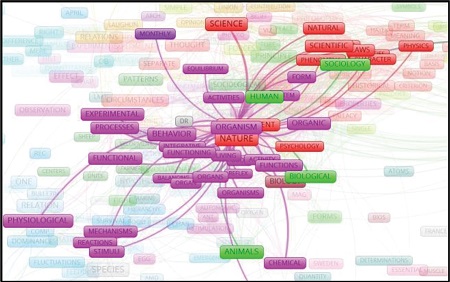
“The History of Science and the Science of History: Computational Methods, Algorithms, and the Future of the Field”
Isis 110 (September 2019): 555-566 (co-authored with Cindy Ermus)
ABSTRACT – Many researchers insist that computational methods will transform the historical profession, while an equally large number reject these claims as unwarranted hype. This study attempts to place the debate in historical and social context. The essay is divided into three parts. The first part offers a brief review of computational history. It asks whether the “computational turn” bears any resemblance to quantitative history and how it fits within the digital humanities. The second part describes the authors’ recent attempts to apply computational methods to an existing project in the history of science using a standardized workflow. It demonstrates that each step of the workflow adds another layer of subjectivity. The third part reflects on what computational methods mean for the historical profession. It systematically reviews the positive aspects of computational history (open access, interdisciplinary collaboration, and new perspectives) as well as the negative aspects (inequality, fragility, and the threat of automation) and offers prescriptions based on the authors’ experiences.